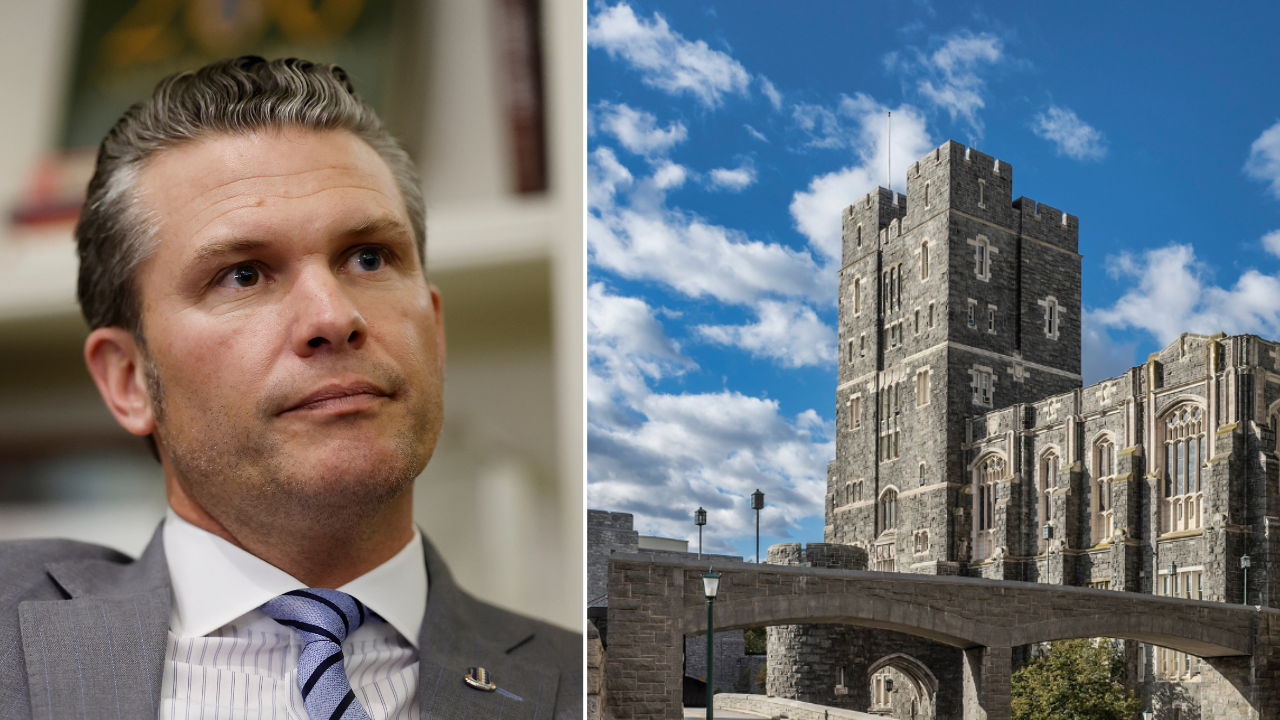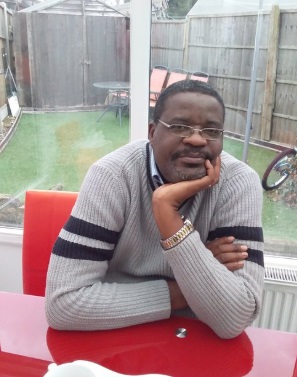DeSantis outlaws Florida’s unhoused people from sleeping in public spaces as similar laws spread across US
Florida Governor Ron DeSantis has signed a law that bans people experiencing homelessness from sleeping in public spaces overnight, a measure that follows a wave of similar legislation across the US targeting unhoused people.
Florida’s bill, which opponents have warned does nothing to address the root causes of homelessness or provide longer-term solutions, prohibits “public camping or sleeping” – including the presence of “bedding or pillows” – on “any” public property, such as public parks.
Instead, the law directs local governments to open “temporary campsites” if shelters have reached capacity. It goes into effect in October.
At a press conference announcing the law on Wednesday, Mr DeSantis underscored that the measure is about “law and order” and intended to improve the quality of life for other people.
“You should not be accosted by a homeless like we see,” he said. “You should be able to walk down the street and live your life.”
In a statement announcing the measure, he said the law would not allow “homeless encampments to intrude on its citizens or undermine their quality of life.”
The legislation also requires local designate specific sites for outdoor sleeping, while offering behavioral health services and bathrooms with running water. If they don’t, the law allows businesses and residents to sue.
Martha Are, executive director of the Homeless Services Network of Central Florida, has argued that the law could unnecessarily expose local governments to costly lawsuits if they don’t have enough funding to operate such shelters.
“If a city or county can’t afford to provide such a place – and the expense to do so statewide would add up more than the entire state budget for homelessness – the bills enable any person or business to sue the jurisdiction if there are still people living on the streets,” she wrote in an op-ed for the Orlando Sentinel.
“The cities and counties will need to arrest everyone on the street … thus leaving the cities and counties vulnerable to civil rights lawsuits,” she wrote. “Or the cities and counties will ignore the statute, and so they’ll face lawsuits.”
Florida Governor Ron DeSantis signs a measure into law on 20 March that bans people from sleeping in public spaces.
(Getty Images)
Florida’s bill, which passed through the Republican-led legislature earlier this month, was signed into law roughly one month before the US Supreme Court is scheduled to hear oral arguments in a landmark case that could determine whether local governments have the constitutional right to criminalize living outside and unsheltered when no other option is available.
Johnson v Grants Pass – based on a lawsuit from a group of people experiencing homelessness challenging an Oregon city’s ban on public campaign – will be the first major Supreme Court case addressing homelessness in roughly 40 years when it reaches the justices on 22 April.
A decision that reverses a lower-court ruling in favour of the city of Grants Pass could have profound, far-reaching impacts on unhoused people, and could fly in the face of previous court rulings that held that criminalising homelessness constitutes cruel and unusual punishment in violation of the Eighth Amendment.
Miami police speak with an unhoused person before a street is cleared in 2021. Under a new Florida law, effective this October, unhoused people cannot sleep in public spaces.
(AP)
Since 2017, the number of people experiencing homelessness across the country has risen by more than 8 per cent to more than 653,000, according to the results of the US Department of Housing and Urban Development’s latest point-in-time survey from January 2023.
More than 50,000 of those people are living in Deep South states, including Florida, according to the National Alliance to End Homelessness.
At least 30,000 people in Florida are unhoused. The state has the third-highest rate of homelessness in the US, behind California and New York.
Last year, neighboring Georgia enacted a measure to enforce bans on public camping, without first studying the impacts of the legislation. More than 12,000 people in the state were unhoused that year.
While those rates are increasing, state and local lawmakers – relying on draft legislation from law enforcement think tank the Cicero Institute – have introduced roughly three dozen measures this year aimed at banning unhoused people from panhandling and sleeping in public places.
“In recent years the number of people experiencing homelessness has risen and so too have the efforts to criminalize this. We see this across the country,” according to Gina Azito Thompson, a policy analyst for the Southern Poverty Law Center’s Eradicating Poverty initiative and the author of the report Sheltering Injustice: A Call for Georgia to Stop Criminalizing People Experiencing Homelessness.
“Homelessness itself is a traumatic experience. Rather than further traumatize people by making the simple act of sitting and sleeping a crime, the simple and proven solution is just to give people resources and housing,” Azito Thompson said.




